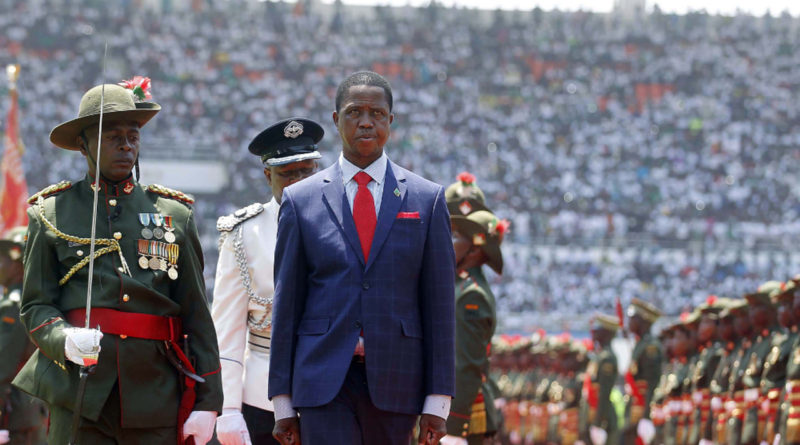South Africa : Now get tough on Zambia
In the aftermath of its third election in five years, things were tense in Lesotho. Although opposition leader Thomas Thabane and his All Basotho Convention had secured the most seats in Parliament, with enough allies to form a coalition government, no one was sure whether the result would be accepted. Civil society leaders and political analysts expressed fears that the military might stage a coup to keep the incumbent prime minister, Pakalitha Mosisili, in power.
These fears diminished considerably this week after South Africa’s foreign minister intervened. “The coup thing is clear … We will not allow it to happen. Not in our backyard. That’s not a threat; it’s just the way it is,” said Maite Nkoana-Mashabane. She went further. “Not in any corner of our [Southern African Development Community], not in any corner of our continent will we ever tolerate a military coup. This was made very, very clear to everyone in Lesotho two weeks ago.”
Our country’s political and economic clout means that what our leaders say matters. This is especially true in the Southern Africa region.
In Lesotho, South Africa used its diplomatic capital to positive effect. By forcibly warning against a potential coup, Nkoana-Mashabane greatly reduced the likelihood of it happening, reinforcing the mountain kingdom’s fragile democracy in the process. Thabane is due to be sworn in as prime minister on June 16.
But this outspoken position on Lesotho is the exception rather than the rule. Too often, Pretoria remains in thrall to Thabo Mbeki’s infamous “quiet diplomacy” doctrine, even when a little noise could make a big difference. Nowhere is this more obvious than in South Africa’s refusal to condemn publicly the concerning autocratic tendencies on display in Zambia, where President Edgar Lungu is orchestrating a heavy-handed crackdown on political opposition, civil society and independent media.
This is a missed opportunity. As Lesotho proves, a few well-chosen words from South Africa can make a real difference. Zambia needs to hear them.
Mail and Guardian, South Africa

